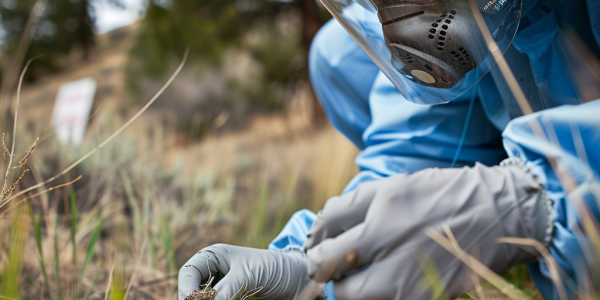Boulder County Reports First Case of Tularemia in 2024
Boulder County, Colorado, has reported its first case of tularemia for 2024, raising awareness about this rare insect-borne disease. Health officials urge residents to take precautions against wild animals and insect bites to prevent infection. Symptoms include fever, chills, and respiratory issues. Stay informed and consult healthcare providers if exposed.
Rise in Tularemia Infections in Minnesota Animals Sparks Health Warning
The Minnesota Department of Health issued a warning about the increase in tularemia infections in animals, urging pet owners to be cautious. With 21 cases identified in animals last year and seven already reported in 2024, heightened awareness and testing have led to more detections. Symptoms include high fever, swelling, and skin sores in animals. Tularemia is not transmissible between individuals, with human cases usually stemming from animal interactions like bites or scratches, or insect bites.


